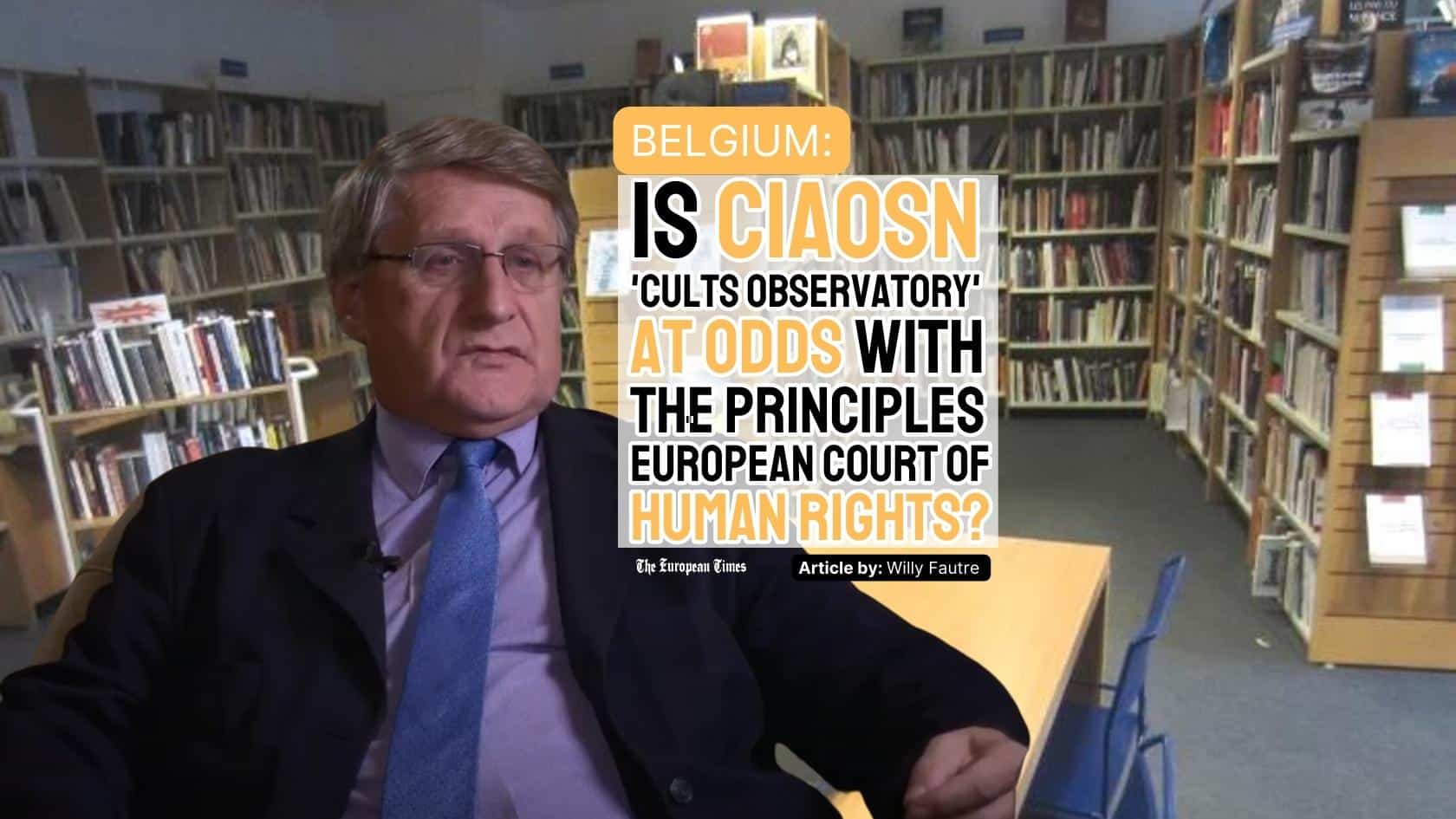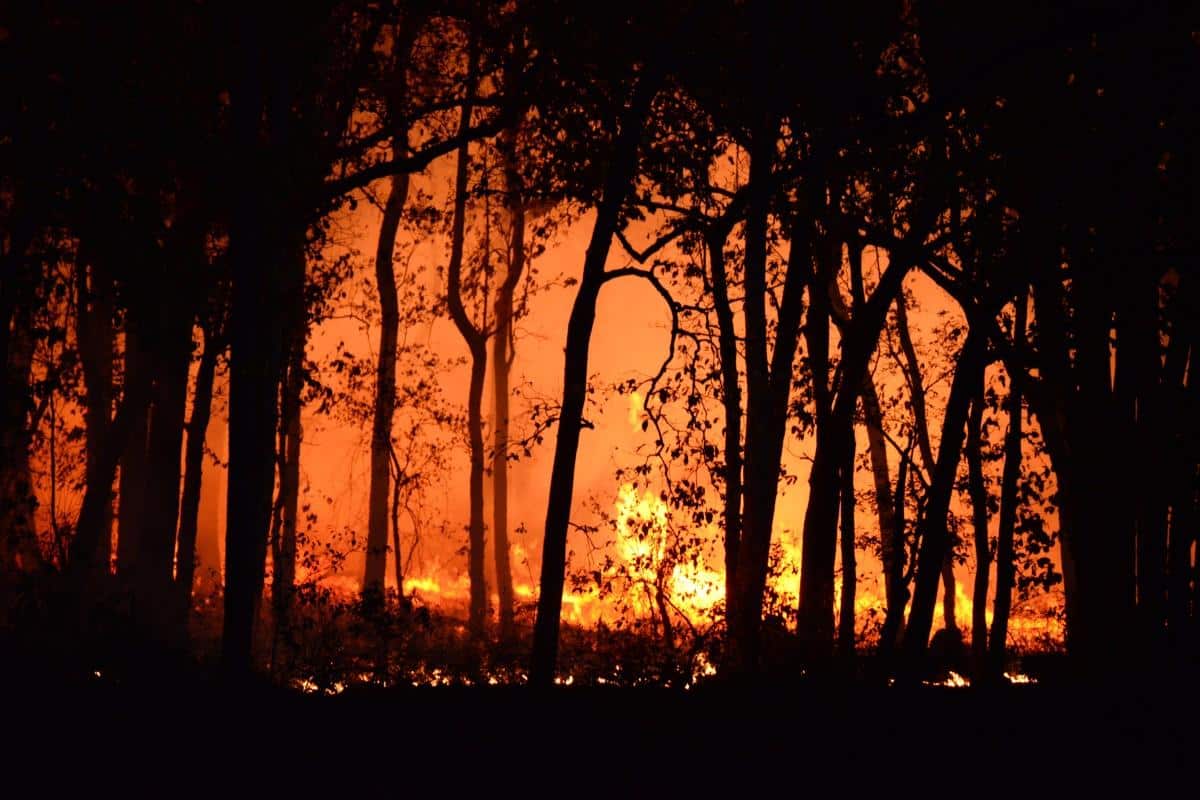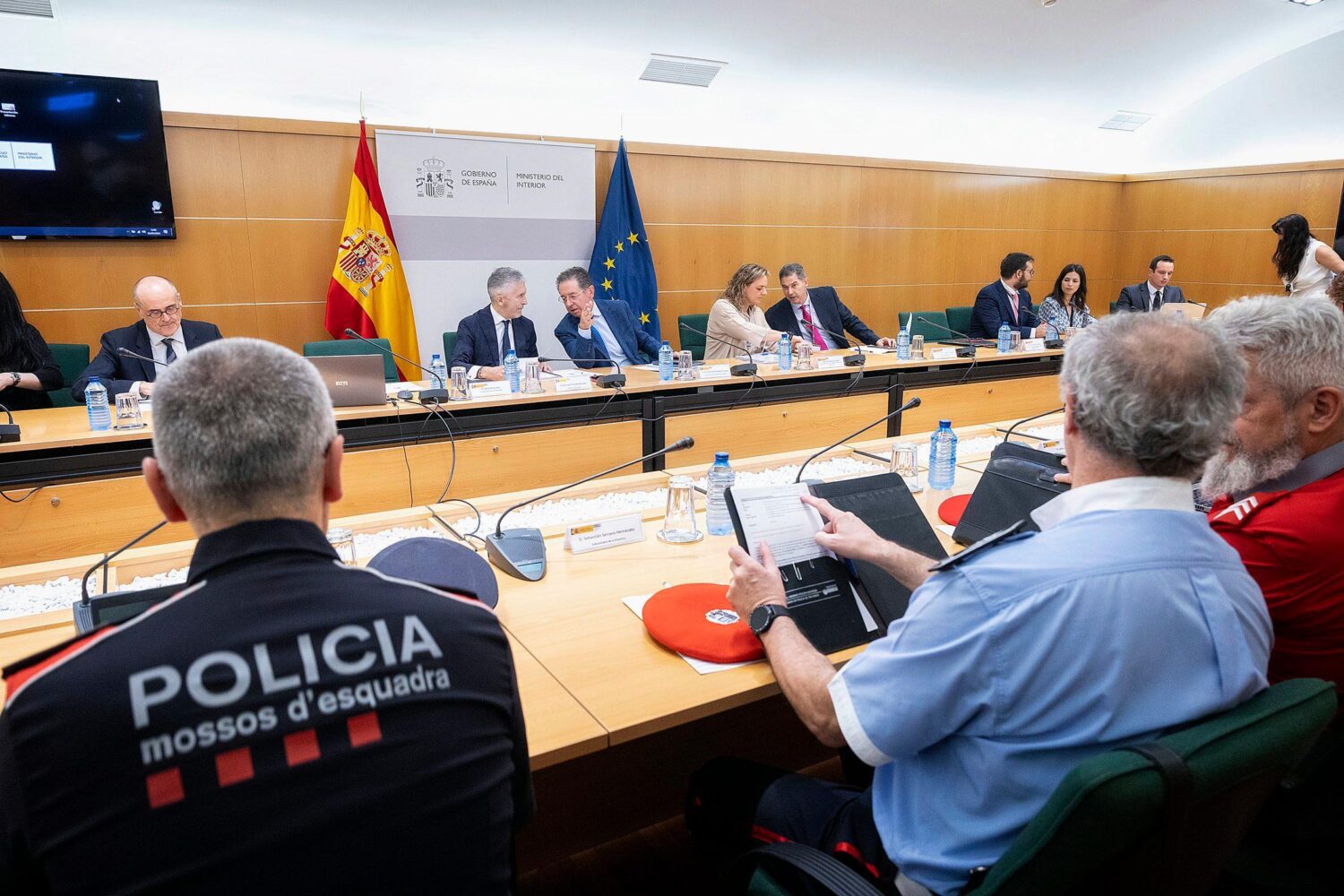Also known as the Black Sea Grain Initiative, it has been run by the Joint Coordination Centre (JCC) in Istanbul, staffed by Russia, Türkiye, Ukraine, and the UN.
Here are the main facts and figures you need to know:
What has the Black Sea Grain Initiative achieved since being signed in July 2022?
Nearly one year into the agreement, more than 32 million tonnes of food commodities have been exported from three Ukrainian Black Sea ports to 45 countries across three continents.
The partial resumption of Ukrainian sea exports enabled by the Initiative has unblocked vital food commodities and has helped reverse spiking global food prices, which reached record highs shortly before the agreement was signed.
The UN Food and Agriculture Organization (FAO) Food Price Index recorded a steady monthly decline over the past year, dropping more than 23 per cent from its peak in March 2022.
The Initiative has allowed the World Food Programme (WFP) to transport more than 725,000 tonnes of wheat to help people in need in Afghanistan, Ethiopia, Kenya, Somalia, Sudan, and Yemen. Ukraine supplied more than half of WFP’s wheat grain in 2022, as was the case in 2021.
Black Sea Grain Initiative cargo totals by destination and commodity
Food prices and inflation still remain high. How has the Initiative helped the millions of hungry people around the world?
Although global food commodity prices have generally fallen, many factors influence food affordability and domestic food inflation, including exchange rates. The Initiative has helped reconnect foodstuffs from Ukraine to global supply chains, contributing to lower prices on world markets.
The FAO Food Price Index stood at 140.6 in July 2022, when the Initiative was unveiled. It has declined 11.6 per cent since that time, reaching 122.3 points in June 2023.
In the same period, the FAO Cereal Price Index has fallen by 14 per cent from 147.3 points to 126.6 points, thanks in part to increased global supplies facilitated by the Initiative.
Why should the Black Sea Initiative continue?
Before the conflict, Ukraine was one of the leading grain exporters and the leading global exporter of sunflower oil. Its produce must continue to flow unhindered to supply markets and help to contain prices.
A lack of food supplies produces knock-on effects for the lives of millions of people, particularly the poorest, hitting them hard in the areas of health, education, and social cohesion.
The Initiative has allowed the partial resumption of vital food supplies into the market. It has given Ukrainian farmers some level of predictability in production and harvest and has revived key shipping lanes.
United Nations inspectors board a ship to conduct an inspection for the Joint Coordination Centre (JCC).
Is the Initiative intended to supply foodstuffs to low-income countries in Africa and elsewhere? Is it primarily humanitarian or commercial?
The aim of the Black Sea Initiative is to facilitate exports from three Ukrainian sea ports. Crops from Ukraine are sold around the world, including to countries where some of the population is experiencing food insecurity.
Cargo may be processed and re-exported from the initial destinations. The Initiative does not stipulate where exports should go. Exports to any country, rich or poor, however, can help to calm global markets and mitigate food price inflation.
Supplies transported under the Initiative by WFP are directly supporting people in need in humanitarian crises. As of July 2023, WFP procured 80 per cent of its global wheat grain from Ukraine under the Initiative, up from 50 per cent in 2021 and 2022.
In this unique operation, commercial exports have global benefits.
When is the Initiative up for renewal, and for how long?
The Black Sea Initiative’s initial duration was for 120 days starting on 22 July 2022. It was renewed by all parties on 18 November for another 120 days.
On 17 March, all parties agreed to its renewal, but Russia only agreed to a 60-day extension pending review. On 18 May, Russia confirmed its participation in the deal for another 60 days. As a result, the agreement is now set for renewal on 17 July.
The UN would like to see the Initiative implemented and extended for as long as is needed so that food can be transported out of Ukraine using the Black Sea route safely and cost-effectively.
Why have food exports through the Initiative dropped sharply in recent months?
Food exports through the Initiative have declined significantly in recent months due to the slower pace of inspections and the exclusion of the port of Yuzhny/Pivdennyi from the Initiative.
From a record daily average high of 11 inspections in October 2022, the daily average has fallen below five in April, May, and June of 2023.
Monthly exports peaked at 4.2 million metric tonnes in October 2022, but were only 1.3 million metric tonnes in May 2023.
Details and data on volumes and destinations of cargo are available here.
Cargo and inspection volumes from 1 August 2022 to 10 July 2023:
Cargo exports by port and month.
Why has ammonia not been exported?
Fertilizer exports, including ammonia, are critical for agricultural production and food security. The Initiative provides for the export of fertilizer, including ammonia.
The UN Secretary-General has emphasized the importance of increased fertilizer and ammonia supplies to support global food security. However, to date no fertilizer or ammonia has been exported under the Initiative.
Exports of ammonia under the Initiative would depend on the resumption of the ammonia pipeline from Togliatti in Russia to the Ukrainian port of Yuzhny/Pivdennyi. Damage to the pipeline was reported on 5 June, and its current status is not known.
Why doesn’t the UN demand more vessel inspections in order to increase shipments?
The UN remains firmly committed to supporting the effective implementation of the Initiative and its continuation. However, implementation is based on consensus, so all parties have to agree on the tempo of the operation.
Inspections are conducted jointly and all parties clear each vessel both for its inbound and outbound voyage. The UN team in the JCC is there to facilitate and work with the parties to try to address operational challenges.
High-level engagement with the parties continues in an effort to secure agreement on a package of measures to address their key concerns in a mutually acceptable manner.
UN Inspector Metin Gezer carries out a Joint Coordination Centre (JCC) inspection in the Marmara Sea.
How is the Initiative implemented? Why do exports from Ukraine have to go through an inspection regime while exports from Russia do not?
The responsibility of the JCC is to facilitate the safe passage of commercial vessels carrying grain, foodstuffs, and fertilizers, including ammonia, in and out of three Ukrainian ports: Odesa, Chornomorsk, and Yuzhny/Pivdennyi.
The JCC is also responsible for inspections of inbound and outbound vessels to ensure that there is no unauthorized cargo or crew. The JCC publicly reports on shipments and movements of ships facilitated under the Initiative.
The Black Sea Initiative does not address exports from ports in Russia.
A crop farm in Baranove, Odesa region, Ukraine.














